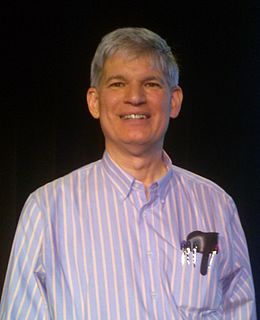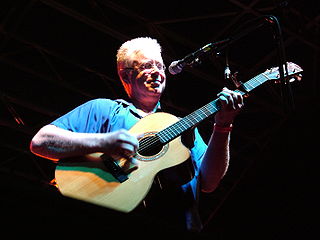A Quote by Scott Fahlman
Related Quotes
What binds us together is not common education, common race, common income levels, common politics, common nationality, common accents, common jobs, or anything else of that sort. Christians come together because they have all been loved by Jesus himself. They are a band of natural enemies who love one another for Jesus' sake.
Politics is a part of life and art is about life. It doesn't mean that all the art has to be about politics - in fact, heaven forbid. But politics is a totally legitimate area of focus for any art, whether it's painting or songwriting or anything else, as much as sex is, as much as spirituality is, as much as any other behavior of people is.
I write some art criticism, and one thing that's clear to me is that politics is fashionable in the American art world in a way it maybe isn't in American fiction. Your work of art becomes fashionable the moment it has some kind of political commentary. I think this has its dangers - the equation between fashion, politics, and art is problematic for obvious reasons. Nonetheless, the notion of politics as being de rigueur in the world of fiction is almost unthinkable. In fiction in America at the moment, the escape into whimsy is far more prevalent than the political.





































